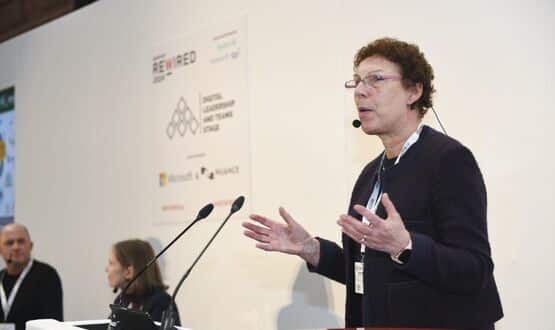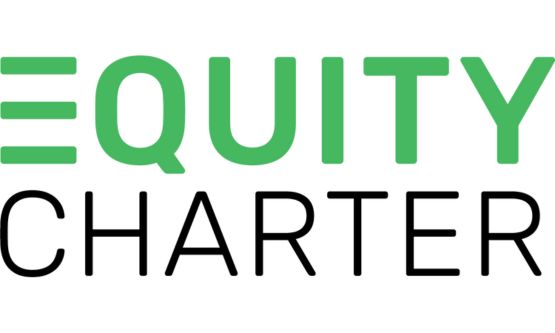MFT’s Hive EPR thrives with 360k patients empowered and DNA reduction
- 13 March 2024

Professor Jane Eddleston has highlighted the positive results so far of Manchester University NHS Foundation Trust’s Hive electronic patient record (EPR) in a keynote session at Rewired 2024.
The joint group medical director at the trust was presenting in a session titled ‘Digital transformation, a view from the top’ to provide an insight into what it takes to successful lead a clinical digital transformation project at scale in a large complex healthcare organisation.
Since the go-live of MFT’s Hive EPR in September 2022, powered by Epic, Eddleston confirmed that the trust has empowered over 360,000 patients to take more control of their care with the MyMFT patient portal. There has also been an overall reduction in Did Not Attends (DNAs) from 11% in September 2022 to 9.7% in October 2023.
She said that “Hive is more than just a new digital system, it affects every aspect of the trust”; however it wasn’t an entirely smooth process to undergo such a digital change, as “the switch to digital from paper produced some resistance from staff”.
A key piece of advice for organisations looking to undergo similar large scale digital transformation projects is to have “robust governance structures put in place from the outset to manage the huge digital transformation,” Eddleston told the Digital Leadership and Teams Stage on day one.
New Zealand’s vast digital health transformation
Health Informatics New Zealand CEO Tim Corbett presented the New Zealand perspective on digital health and the drastic changes taking place there. He said the country is “undergoing the second biggest health transformation in the world after Saudi Arabia” to address “tech debt and black spots” within the system.
Corbett said New Zealand are “consolidating fewer and better platforms” and have gone from 26 different health boards to a single large central body, with a key focus on interoperability. Every person in the country now has a unique ID number, he said, to help join up care.
Not making assumptions was another key point Corbett made, as “when Covid hit, 25% of the New Zealand health workforce didn’t know how to refresh the screen on a computer or system”.
Flavia Rovis, senior technology strategist at Microsoft UK, also presented in the session, focussing heavily on AI. She said “AI has the potential to be a game-changer in digital transformation” but that the “clinical team must work alongside the IT team right from the start”.
She concluded by telling the audience: “The opportunity is yours to lead the AI transformation.”
Digital Health Rewired is taking place at the NEC in Birmingham 12-13 March. The programme is available here.




